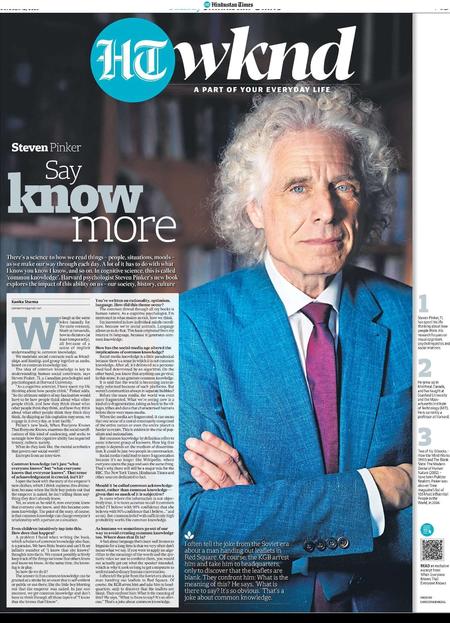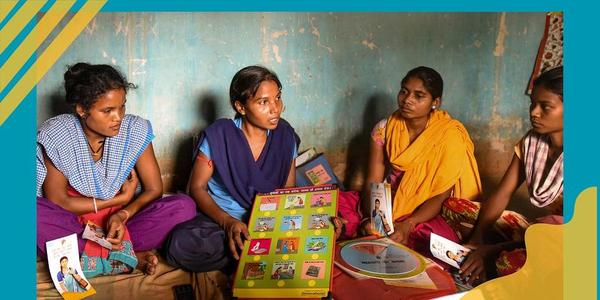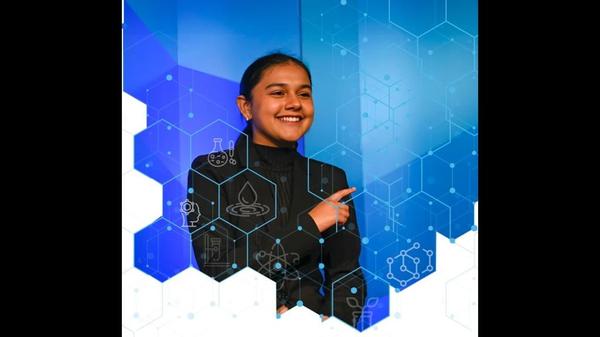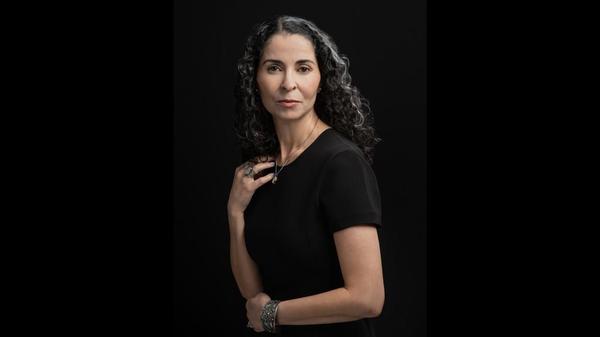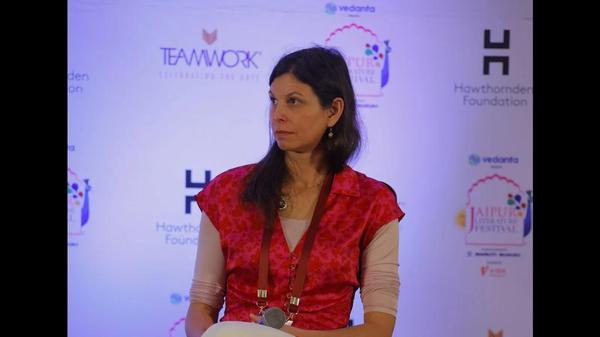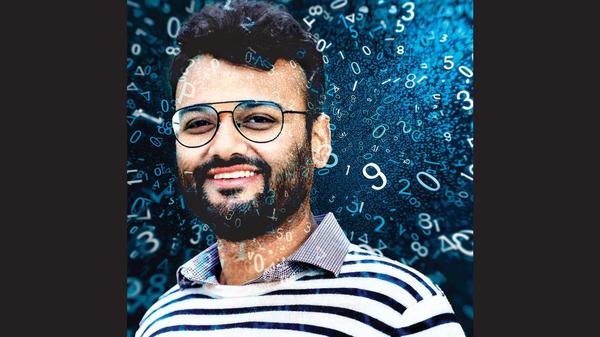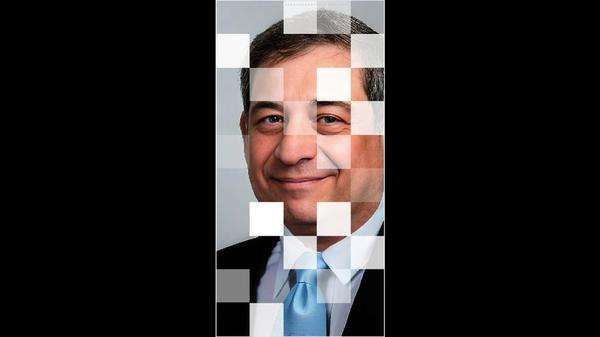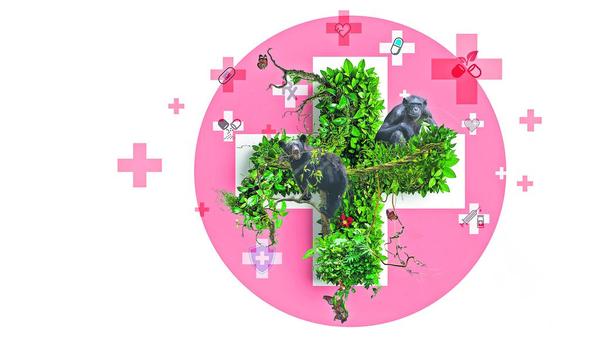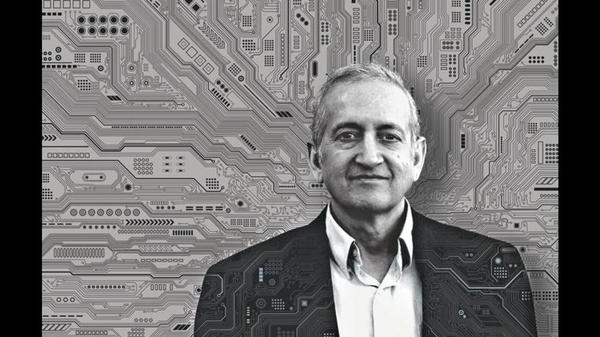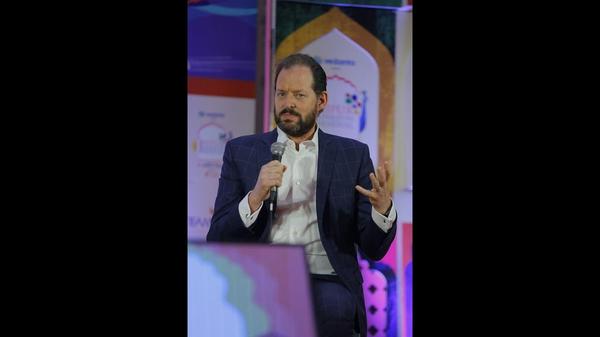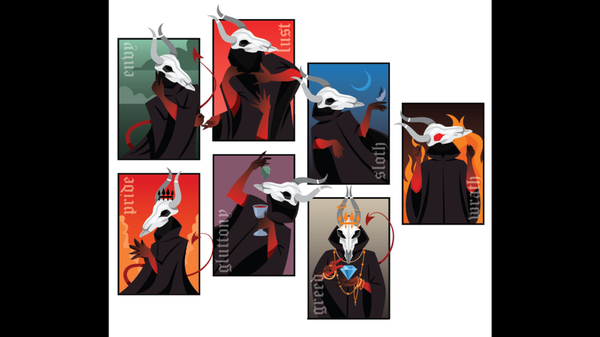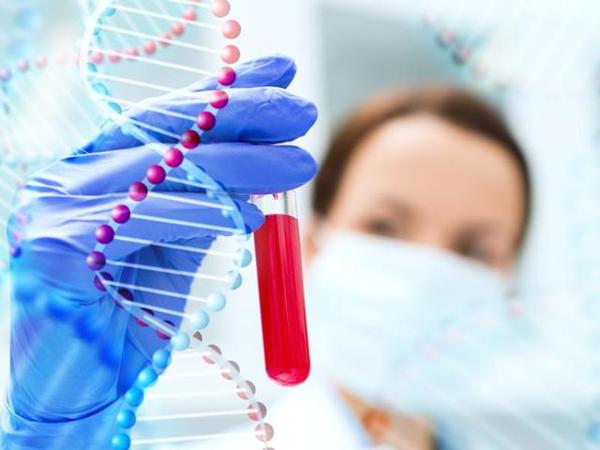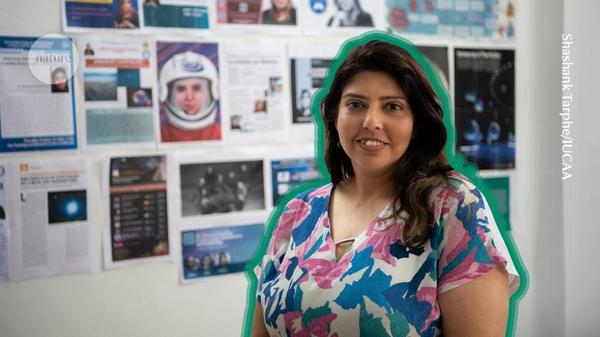
I encourage women to claim their space in astrophysics and beyond
Theoretical astrophysicist Debarati Chatterjee has always seen gender for what it is — a social construct. Despite witnessing domestic violence as a child, experiencing sexual harassment as an undergraduate and a PhD student, and being one of the small proportion (around 20%) of astronomers in the world who are women, she hasn’t let her gender define her career. Leaving her home country of India to start a postdoctoral position in Germany in 2010, she saw that prejudices based on race, class and...
